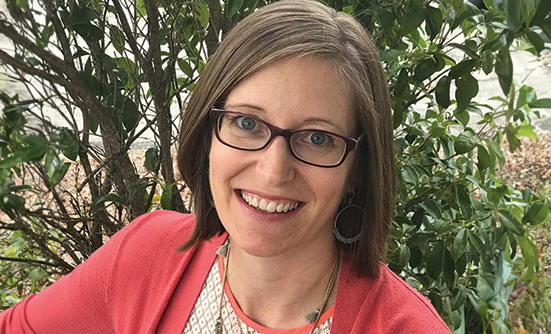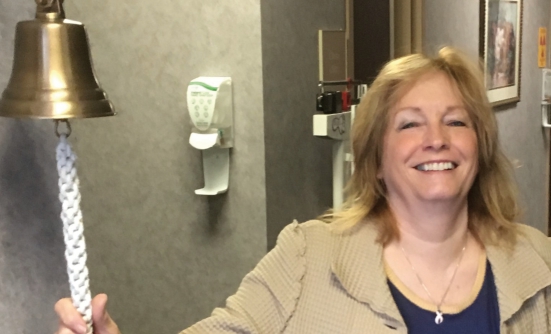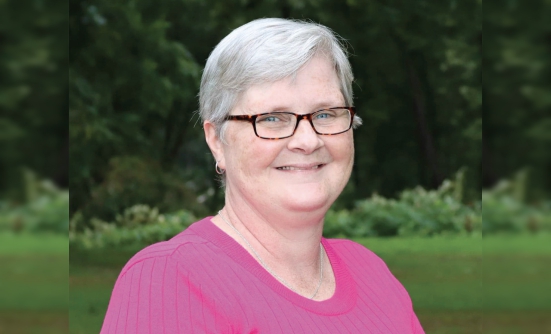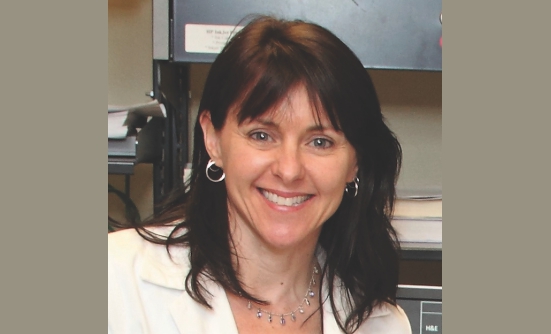The use of dietary supplements, which include vitamins, minerals, herbs, and other natural medicines, is increasing in the United States and is especially popular among patients with cancer. It is estimated that more than 50% of Americans use vitamins or supplements on a regular basis.
Your Safety Is Crucial
Many patients with cancer use a variety of these, sometimes along with their prescription medications. Although using these products can be very helpful in certain situations, you should be aware that “all natural” does not necessarily mean safe. Many people believe that if a product is on the market, it means that it must be safe, or else it would not be allowed to be sold. This is simply not true.
Many people, including patients with cancer, use vitamins, supplements, and herbs without a prescription from a medical professional, and the supplement industry is not well-regulated by the government to ensure the safety of these products. It is never a good idea to “self-medicate” without getting sound advice from a healthcare professional who is trained in the use of these integrative medicines.
Safety is the primary concern when using these products. A healthcare professional trained in integrative medicine can guide you and recommend specific supplements that may help your specific condition.
Potential Harms and Benefits
Indiscriminate use of dietary supplements can interfere with your cancer treatment, and reduce your chance of controlling or even curing your disease. Just because a friend or a relative had a good outcome from the use of a certain supplement doesn’t mean it is something you should try.
There is no strong evidence at this time that any supplement can prevent or cure cancer, and there is evidence that some supplements may actually help cancer grow. For example, there is some evidence that antioxidant supplements can interfere with chemotherapy or radiation, and these should be avoided during active treatment.
By contrast, some supplements can actually help your cancer treatment, or help control the associated side effects. There is strong evidence that certain supplements can help with some of the adverse effects that conventional cancer treatment can cause.
The quality of these products is also a concern, because the FDA does not closely regulate the vitamin and supplement industry. Quality problems are often reported with supplements, including contamination, plant misidentification, substitution of plant material, and products that contain no active ingredient are frequently found when products are tested for quality.
Dos and Don’ts
If you are using any natural products that your doctor didn’t prescribe, here are a few important things to keep in mind:
- Don’t seek advice in health food stores or vitamin stores, because sales clerks don’t have professional training and don’t understand drug interactions (how one drug can interfere with another), the potential side effects of supplements, or interference with another health problem you may have. Evidence shows that consumers seeking advice in a health food store have been given unsafe recommendations and erroneous information.
- Don’t fall for advertising of products that promise a “miracle cure,” or say that “this information has been suppressed by the medical establishment,” or “amazing secrets your doctor won’t tell you”; these buzzwords indicate that there is a good chance the product being promoted is a scam
- Don’t believe the sales literature of a specific product: much of it can be disguised as “scientific” but is actually not; supplement manufacturers and sellers are not required to do scientific studies to prove that their product is safe
- Do tell your care team: it is very important to tell your healthcare providers about all the natural supplements and other products you are using, so they can give you appropriate guidance
Ask the Experts
So who can you turn to for help? Many cancer treatment centers now have an integrative medicine department, which is an excellent place to seek advice about supplements. You don’t want to do anything that may harm your treatment.
Many patients are reluctant to tell their doctor about herbs or vitamins they are using, fearing that the doctor will chastise them for using an unproved product, or tell them to stop using them. Healthcare professionals who are trained in integrative medicine can offer scientifically proved advice and work with you to design the best treatment regimen for your particular situation.
They can also suggest a particular supplement or other products made by high-quality manufacturers so that you don’t waste money on low-quality products that may not have anything useful in them, or may be contaminated. Your integrative medicine professional is there to assist you, so take advantage of their knowledge and training. If your center doesn’t include integrative medicine professionals, ask your navigator for suggestions.
Patient Resources
Office of Dietary Supplement
http://ods.od.nih.gov/
ConsumerLab.com
www.consumerlab.com
Complementary and Integrative Approaches for Cancer Symptoms and Treatment Side Effect
http://nccih.nih.gov/health/providers/digest/cancer?nav=upd











